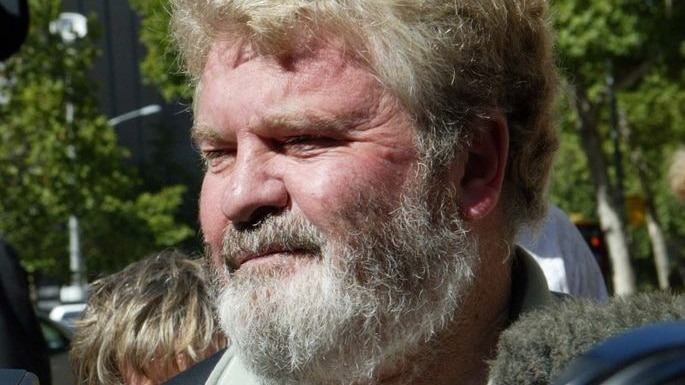Geoff Clark, the former head of the Aboriginal and Torres Strait Islander Commission (ATSIC), has been found guilty of over two dozen charges, primarily related to approximately $1 million in fraud spanning nearly 25 years. The 72-year-old Indigenous leader allegedly defrauded his community at Framlingham near Warrnambool and committed perjury while attempting to conceal assets to claim bankruptcy in the 2000s.
A suppression order previously placed on the case allowed five jury trials for Clark and his son, Jeremy Clark, to proceed without media interference. Following the discontinuation of the fifth trial, details of the case can now be reported.
The first trial, which began on September 23 of last year, focused on Clark’s use of about $420,000 from Framlingham Aboriginal Trust entities to pay his legal fees during the 2000s. A civil jury had previously found him liable for leading two gang rapes in 1971, ordering him to pay compensation to the victim.
On December 1 of last year, a jury convicted Geoff Clark on 19 charges, including 15 counts of theft and three counts of obtaining financial advantage by deception, along with one count of perjury. He was acquitted on nine theft charges, and charges against his wife, Trudy Clark, were withdrawn.
Subsequent trials revealed further financial misconduct involving trust funds and illegal transfers of voting rights within the Framlingham Aboriginal Trust. In the fourth trial, Clark was found guilty of perjury and other related charges, revealing attempts to misappropriate funds and evade bankruptcy.
Jeremy Clark, involved in siphoning funds to his father, was also found guilty of several theft charges. Recently, he pleaded guilty to a single count related to the misuse of a federal grant.
A charge against Geoff Clark for possessing the proceeds of crime was withdrawn due to insufficient evidence. The case highlights serious concerns regarding financial misconduct within Indigenous trust structures and the need for accountability in leadership positions.
